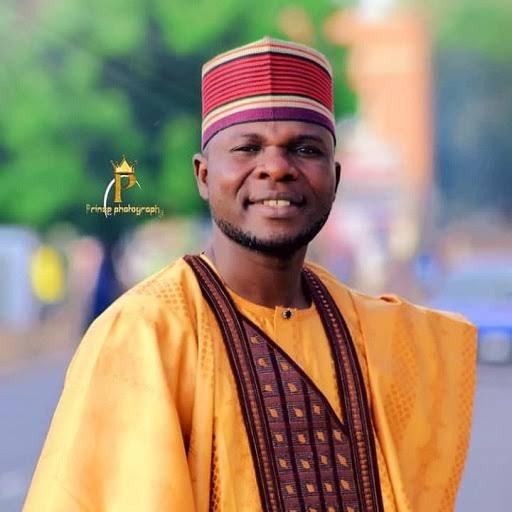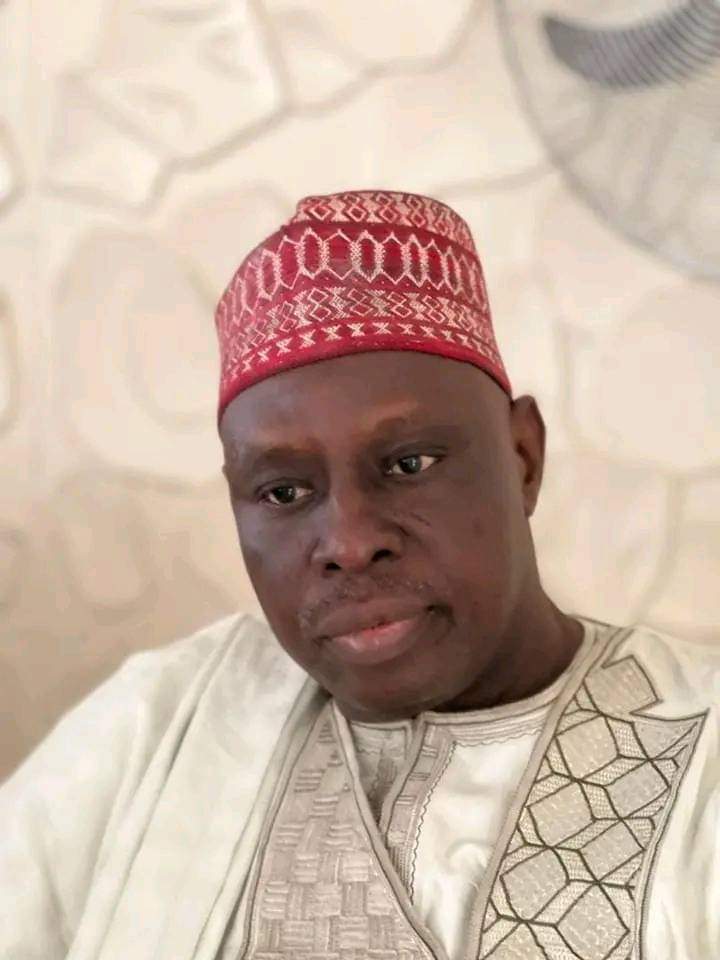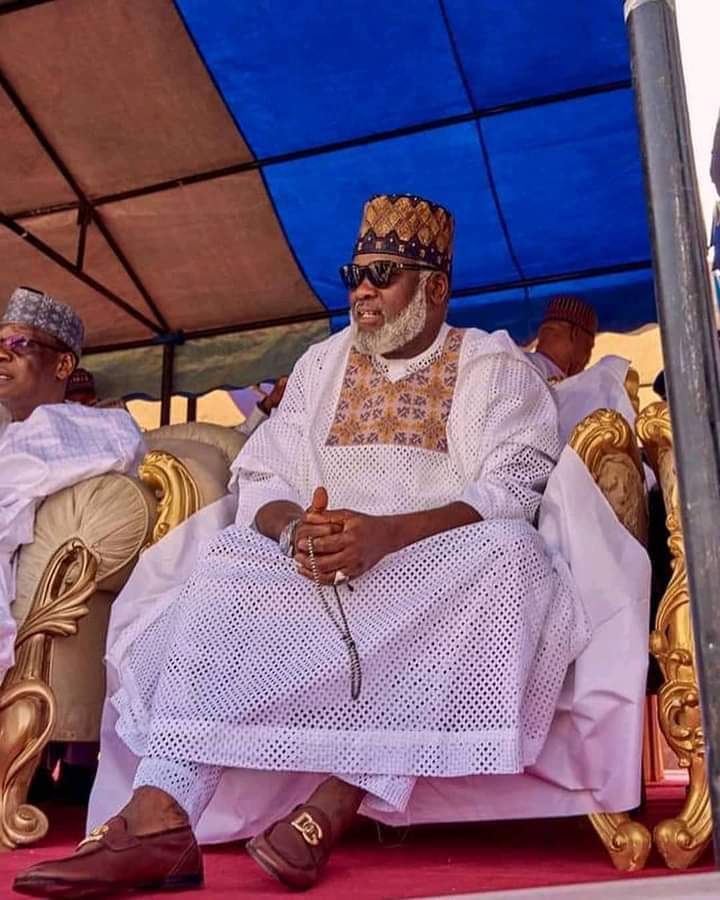Gandu’s “Sakona” is a definition of humility and morality in the Kwankwasiyya movement
By Salihi Adamu Takai Contemporary political singers are known for the satirical content of most of their songs. Political songs are very descriptive of invective barbs, innuendos, and allusions. They…



